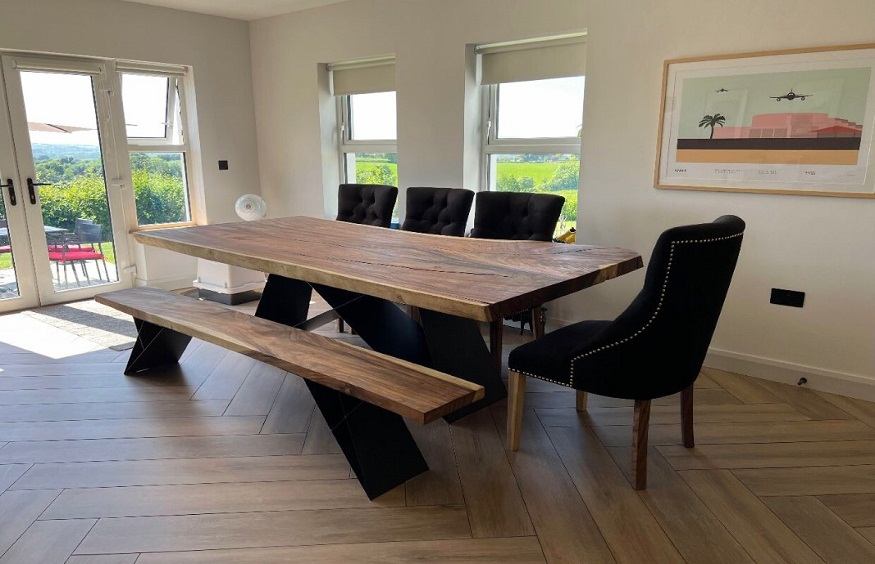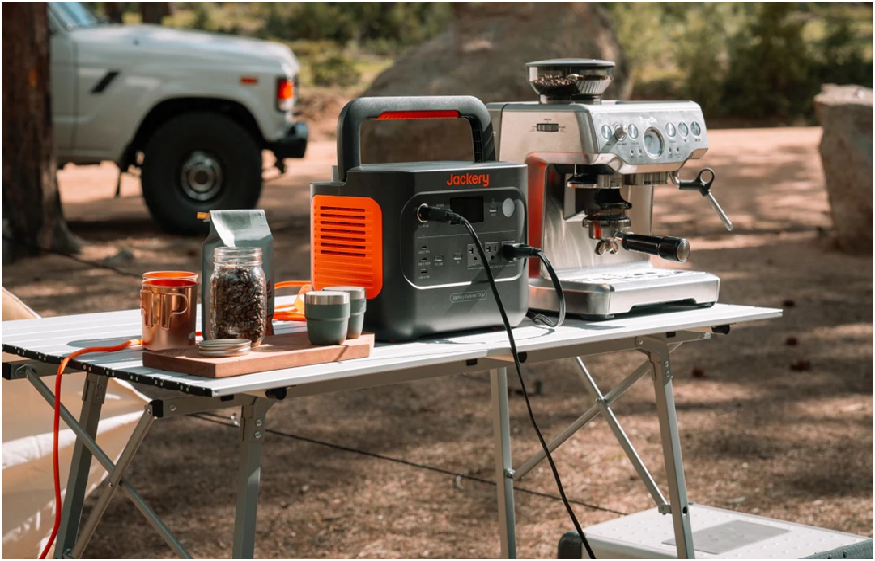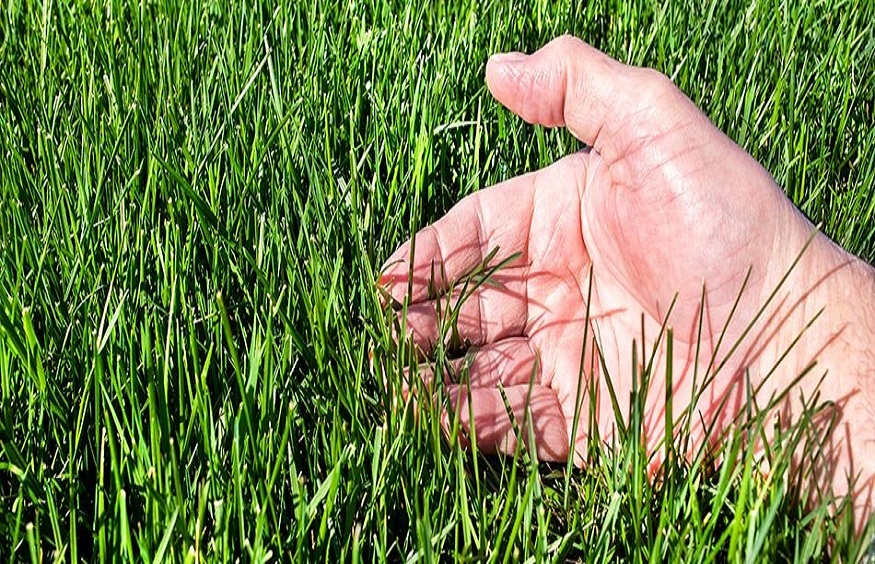Live edge tables are more than just pieces of furniture; they are unique, artistic expressions of nature. Each live edge walnut table or custom wood dining table carries its distinct texture, grain pattern, and character, making it a focal point in any space. However, to truly bring out the beauty of live edge tables, the right finish is essential. This blog will guide you through the process of choosing the perfect finish to enhance the shine and texture of your live edge table, whether it’s a dining room live edge table, live edge coffee table, or live edge dining table.
Types of Finishes for Live Edge Tables
There are various types of finishes you can choose from, each offering a different look and level of protection for your live edge dining table or live edge coffee table. Here are some of the most popular finishes and how they affect the table’s appearance:
Oil Finishes: Bringing Out the Natural Beauty
Oil finishes, such as tung oil or Danish oil, are perfect for those who want to keep the natural look and feel of the wood. These oils penetrate deep into the wood, enhancing the grain and texture of live edge walnut tables while giving them a rich, warm glow.
Pros: Oil finishes are easy to apply and maintain, making them ideal for custom wood dining tables. They allow the wood to breathe and preserve the natural touch of the table.
Cons: They may require regular reapplication, especially in high-traffic areas like dining room live edge tables.
Polyurethane: Maximum Protection for Daily Use
Polyurethane is a more durable finish, often chosen for live edge dining tables that see daily use. It forms a hard, protective layer on the surface of the table, safeguarding it from scratches, spills, and heat. Polyurethane finishes come in different sheens, from matte to high-gloss, allowing you to choose the level of shine you want.
Pros: Provides excellent protection against wear and tear. It’s waterproof and heat-resistant, making it perfect for a dining room live edge table.
Cons: Polyurethane can sometimes create a plastic-like look and feel, which may take away from the natural beauty of the wood grain.
Wax Finishes: A Soft, Subtle Shine
Wax finishes give live edge tables a soft, matte sheen and smooth texture. They are often used in combination with other finishes like oil or lacquer to add an extra layer of protection. Wax can bring out the subtle beauty of a live edge walnut table without making it look too glossy.
Pros: Wax finishes are easy to apply and give a soft, natural feel to the wood. They work well for live edge coffee tables where a subtle finish is desired.
Cons: Wax doesn’t provide as much protection as other finishes, so it may not be suitable for dining tables that endure heavy use.
Lacquer: High Shine and Durability
Lacquer is known for providing a glossy, mirror-like finish that enhances the wood’s natural shine and texture. It dries quickly and can be layered to achieve the desired thickness and shine. Lacquer is ideal for live edge tables where a sleek, polished look is preferred.
Pros: Lacquer offers a durable and high-gloss finish, making it ideal for showpiece furniture like live edge dining tables.
Cons: It can be more challenging to apply and requires a well-ventilated area due to its strong fumes.
Consider the Functionality of Your Table
When choosing the right finish for your live edge table, consider how the table will be used. If you are finishing a live edge dining table that will see frequent use, you’ll want a finish that provides maximum protection, like polyurethane or lacquer. For more decorative tables, such as a live edge coffee table, an oil or wax finish might be more suitable to maintain the natural texture and beauty of the wood.
Conclusion
Choosing the right finish for your live edge table is essential for enhancing its natural beauty and ensuring its longevity. Whether you prefer the subtle warmth of an oil finish or the high-gloss shine of a lacquer, your live edge dining table, live edge coffee table, or custom wood dining table will shine and stand out with the right choice. By considering the functionality of your table and the desired aesthetic, you can select a finish that will both protect and enhance your live edge table’s unique character.



